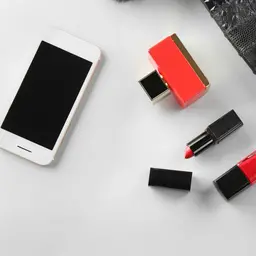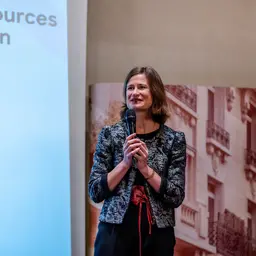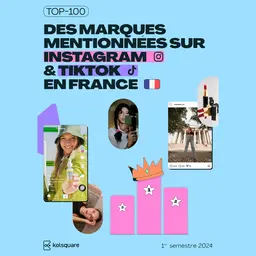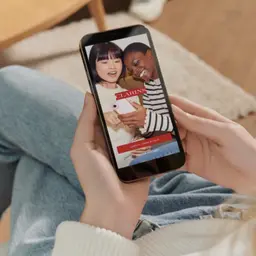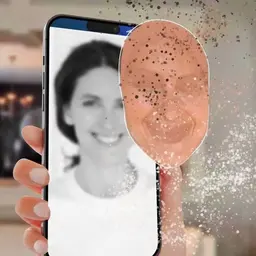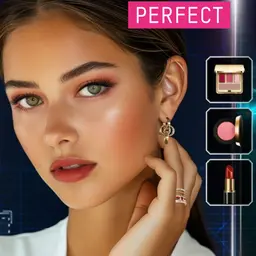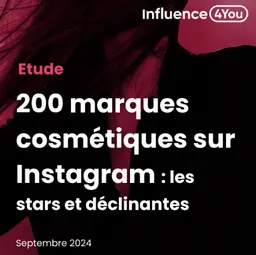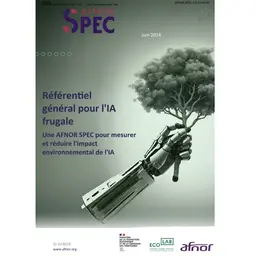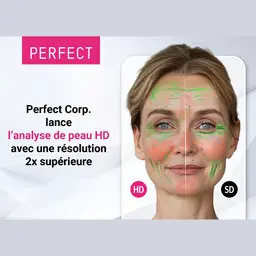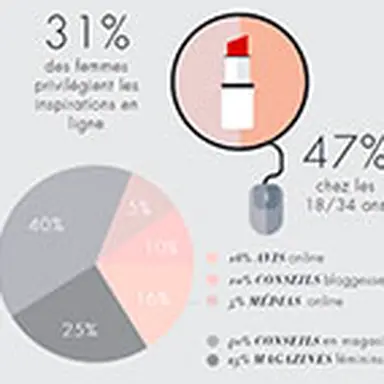
As social networks are redefining and outlining contemporaneous beauty practices, Amazon.fr has unveiled the results of a study conducted by Opinionway to celebrate the 2nd anniversary of the Amazon Luxury Beauty store. The Internet seems to be foreshadowing tomorrow’s beauty customs.
If 40% of women are still attached to the advice they get in-store, and 25% to women’s press, the web seems to prefigure tomorrow’s beauty customs, as it now attracts almost half of the 18-34-year-olds. The boom of tutorials, the YouTuber phenomenon, the community of makeup addicts, this new beauty that has got rid of its complexes, and the selfie-sharing trend are creating new interactions that are shaking up well-established rituals.
• 47% of women aged 18-34 favour online inspiration for their beauty gestures or makeup techniques
• 59% of women aged 18-34 watch beauty tutorials online
• For 77.5% of women aged 18-34, beauty is ‘whenever we want, however we want’
Beauty advisors 3.0
31% of women favour online inspiration: welcome to the digital era! Women are increasingly more influenced by online consumer feedback (16%), bloggers’ tips on social networks (10%), and online media (5%). This phenomenon is even more visible among 18-24-year-old women, who are more inspired and convinced by online advice and selling (53%), and among women aged 25 to 34 (41%).
According to sociologist Ronan Chastellier, ‘There is no doubt there is an opposition between “ideal beauty”, which is a bit rigid and always staged, and which can be found in-store or in the press, and a certain “efficient, moving beauty” representative of the Internet. There is this sort of “counter logic”, as women find inspiration online and end up being convinced in-store, where they go buy the product. But, there is also a greater and greater part of them that go and buy directly online. In most cases, advice is a decisive factor.’
34% of women have already followed tips or watched tutorials (online makeup techniques). These figures are even more tremendous for women aged 18-24 (60%!) and 25-34 (58%!), which just shows how beauty is experiencing a huge ‘youth boost’. ‘Rituals are more “fun”, and beauty is getting rid of its complexes. The phenomenon of beauty YouTubers has probably played a role in this evolution, as they have understood how to create real web communities of makeup addicts in need of a big sister or best friend to give them tips to beautify themselves. With these news digital advisors, the festive, cheerful side of beauty seems to have taken over,’ for Ronan Chastellier.
Desacralized beauty
Thanks to this Internet beauty and to the new products showcased online, for 63% of women, beauty is ‘whenever we want, however we want’, in particular among women aged 18-24 (82%), and 24-35 (73%).
‘The beauty purchase is getting desacralized, especially among the younger ones. It is the beauty “shot” principle, a beauty that needs to go fast, be immediate, accessible in an “appearance ideal of oneself”, and related to the “now” instant.’
It is the concept of ‘Snapchat beauty’, the icon of the ‘youth’ sociability, where women want to appear at their best, at all times.
This desacralization is also illustrated by the ubiquity of modern beauty: if beauty preparation rituals are related to intimacy and the bathroom for 88% of women, 20% of the 18-35-year-olds only need a mirror to put on makeup in the morning, whatever the room or place. It can be noted that women aged 18-24 just feel like doing things differently: 20% put on makeup in the underground, 21% in the street, 33% in a taxi, and even 13% on their scooter: below a certain age, the beauty ritual has less to do with mystery and the private sphere today.
There is a change in the status of beauty, which now appears more like a game: more makeup (80%), and also more liveliness (51%), in particular for the younger ones. ‘Beauty is staged, sometimes for a mere self-construction, with a certain dose of artifice, in a sort of improved “natural” style,’ comments Ronan Chastellier. ‘Women free themselves from models and beauty ideals to find their own identity in a “DIY” logic. For these women, beauty is no longer a godsend, but a possibility for all to improve their appearance. There is this “self-creation” of oneself.’
Study conducted from July 27-29 among 1,096 women aged 18 and more, representative of this population.

